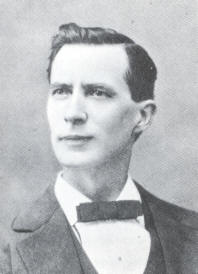A Quote by Sun Yat-sen
In antiquity, agriculture and industry depended completely on human labor; but now, with the development of natural forces that human labor cannot match, agriculture and industry have fallen completely into the hands of the capitalists. The greater the amount of capital, the more abundant the resources that can be utilized.
Related Quotes
I think people look at revolution too much in terms of power. I think revolution has to be seen more anthropologically, in terms of transitions from one mode of life to another. We have to see today in light of the transition, say, from hunting and gathering to agriculture, and from agriculture to industry, and from industry to post-industry. We're in an epoch transition.
It is time that capital and labor realized that their interests are really comutual, as interdependent as the brain and the body; time they ceased their fratricidal strife and, uniting their mighty forces under the flag of Progress, completed the conquest of the world and doomed Poverty, Ignorance and Vice... Unless labor is employed, capital cannot increase - it cannot concentrate. Unless property rights are held inviolable and capital thereby encouraged to high enterprise, labor is left without a lever with which to lift itself to perfect life and must sink back to barbarism.
For out of this modern civilization economic royalists carved new dynasties. New kingdoms were built upon concentration of control over material things. Through new uses of corporations, banks and securities, new machinery of industry and agriculture, of labor and capital - all undreamed of by the Fathers - the whole structure of modern life was impressed into this royal service.
To the labor of man alone Smith ascribes the power of producing values. This is an error. A more exact analysis demonstrates... that all the values are derived from the operation of labor, or rather from the industry of man, combined with the operation of those agents which nature and capital furnish him.








































